| Ray: | Hi Miho. Are you interested in joining our chorus club? |
| Miho: | I like listening to music but I’m not good at singing. |
| Ray: | I see. Our chorus club will perform at a charity event this weekend. Would you like to come? |
| Miho: | Absolutely. How many chorus clubs will perform at the event? |
| Ray: | I heard 20 chorus clubs will perform this year. |
| Miho: | That’s nice. I often listen to music to learn English. |
| Ray: | Great. I think you should come to the charity event! |
| Miho: | That’s right. Okay, I’ll come and support your chorus club. |
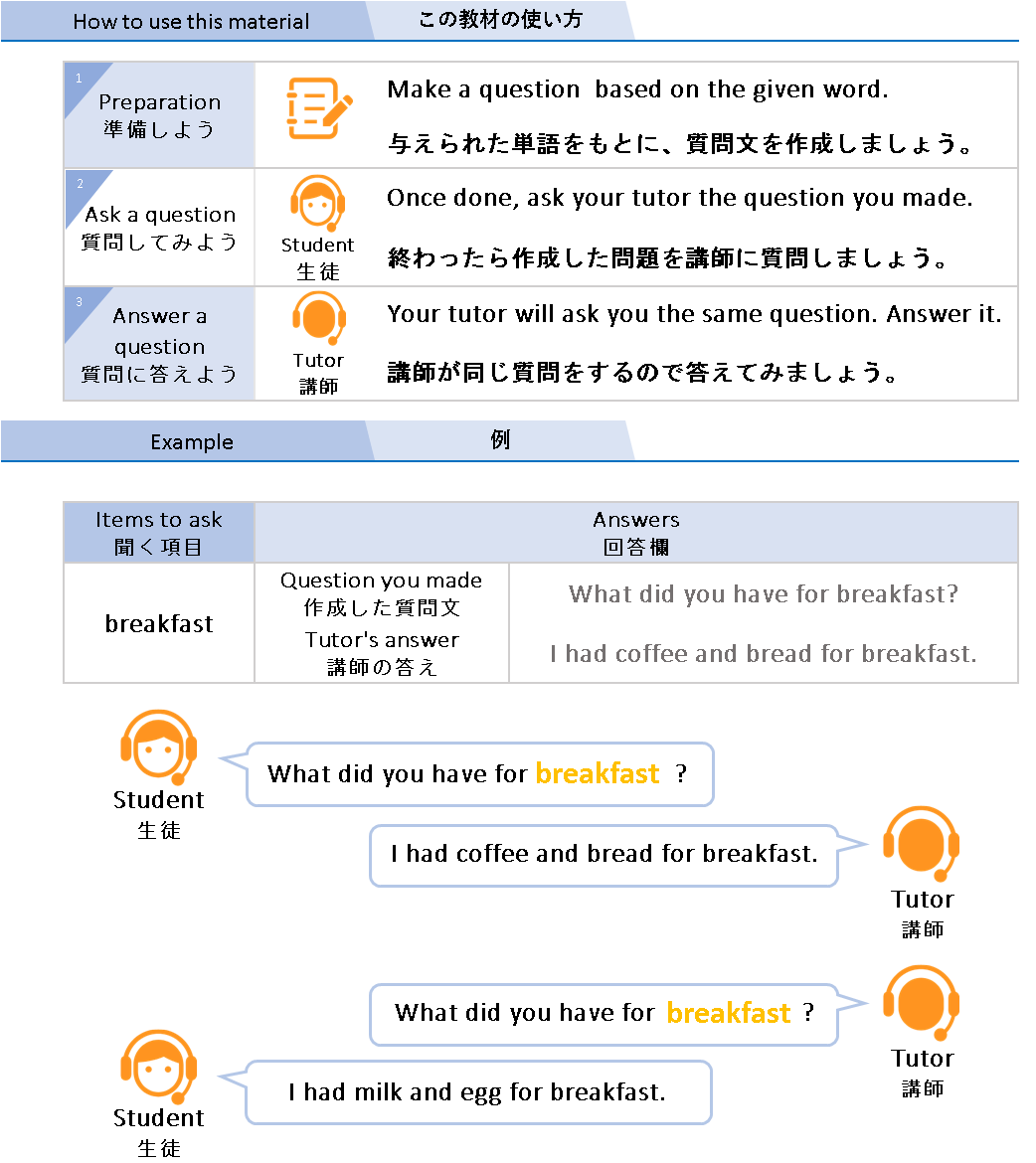
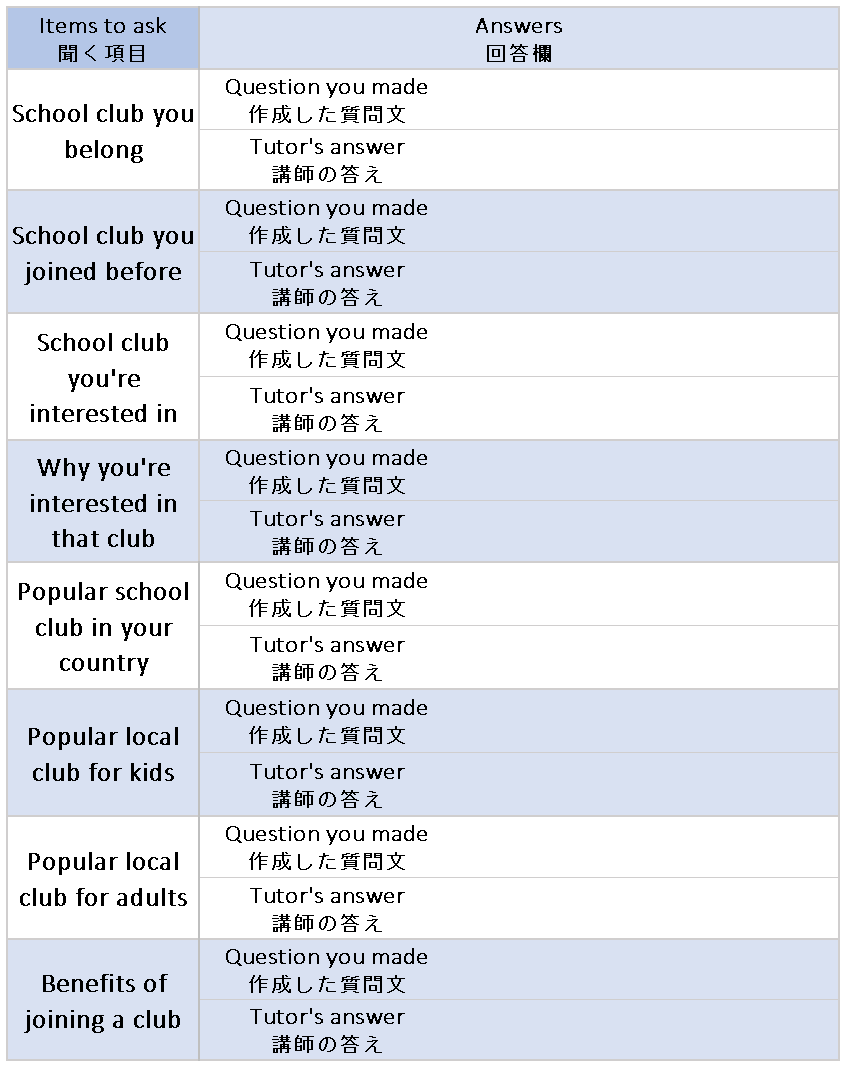


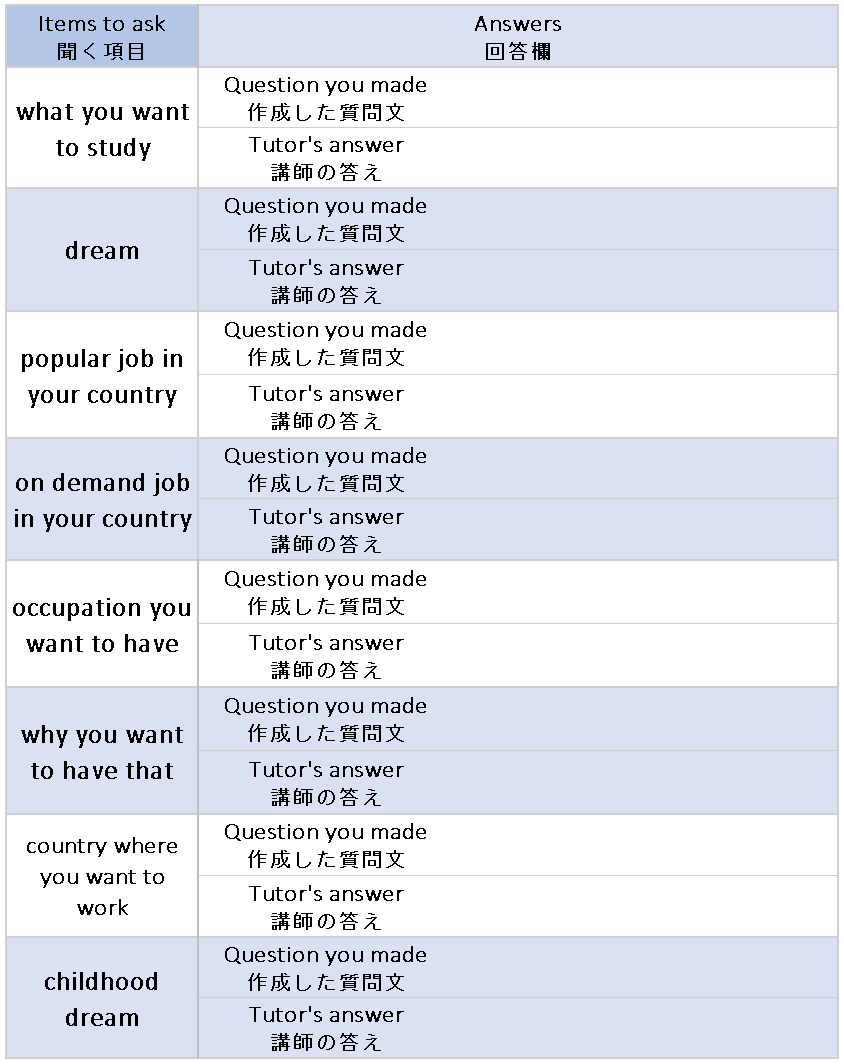



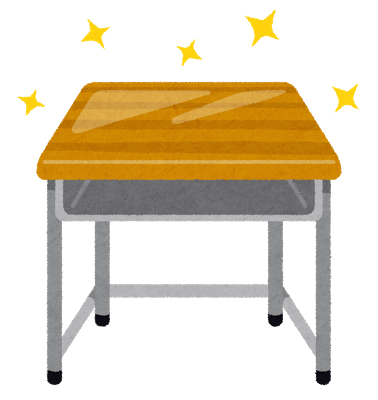
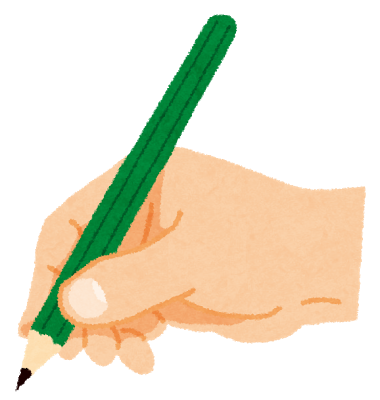

 _____ is a notebook.
_____ is a notebook. _____ is a school uniform.
_____ is a school uniform.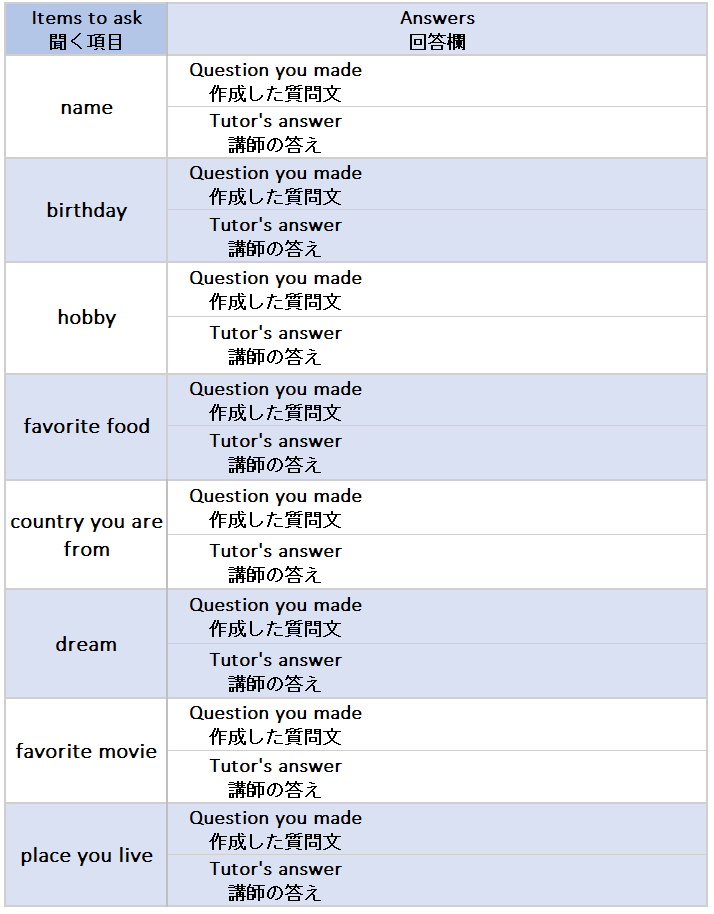


 GOOD
GOOD 
